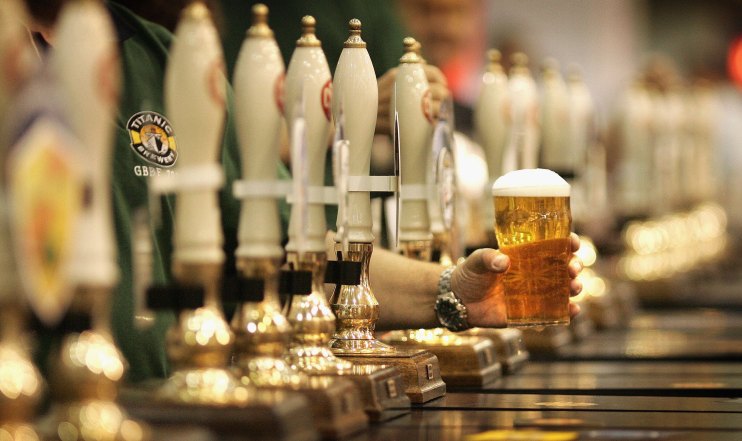Business figures urge government to take swift action to mitigate coronavirus impact

Some of the country’s top business figures have urged the government to take swift action to help mitigate the impact of the coronavirus on business in the UK.
Speaking to the BEIS committee today, the CBI’s chief economist Rain Newton-Smith said: “We need swift action now to try and protect as many jobs as possible,” after the Prime Minister urged Brits to avoid pubs, restaurants and theatres during the outbreak.
Trade body Hospitality UK warned of 100,000s of redundancies in the hospitality sector. Newton-Smith said that the impact depends on what action is taken now.
“Our priority is to get the right policies in place so we don’t end up in that situation.”
Insufficient sick pay relief during coronavirus outbreak
Paul Nowak, deputy general secretary of Trade Unions Congress, opened the committee with a call for greater clarity on sick pay.
In the Budget last week, Chancellor Rishi Sunak said he will relieve the cost of sick pay for employers amid the coronavirus outbreak. The government will now refund the cost of providing statutory sick pay (SSP) to employees for up to 14 days.
Nowak acknowledged Sunak’s pledges but called for further measures. “More is needed. There are still £1.9m people that don’t earn enough to meet the thresholds for statutory sick pay.”
“Where it is paid, it’s not paid at a sufficient level.”
Newton-Smith added that the government should look at how it extends sick pay to carers, particularly in the event schools close.
An income crisis awaits
Alasdair Hutchison, policy development manager at the Association of Independent Professionals and the Self-employed (AIPSE) warned that the coronavirus outbreak is “not just a health crisis, it’s an income crisis.”
If people are faced with no income for the next few months, then “we need to move towards some kind of temporary income protection fund so people can keep their businesses alive and cover basic income costs”.
Martin McTague, policy and advocacy chair at the Federation of Small Business, echoed these concerns citing issues for the self-employed.
“A lot of those people are saying ‘I have to prioritise my income over my health, because I am more frightened about the long-term damage to my income’,” he said, and called on the government to reassure the self-employed.
Hutchison emphasised the difficulties that will come with pushing a large number of self-employed people to the welfare system.
“As a system, it is not prepared for the number of people who’ll come in, and the people will struggle to navigate it.”
Protections for gig economy workers
The number of gig economy workers has jumped in recent years but in the face of a global pandemic many will have to choose between self-isolation or work.
Newton-Smith said: “The fundamental principle we want to see is people being supported, whatever their employment status.”
She added that the PM’s announcement yesterday, which called on people to start “social distancing” caused “unnecessary stress and put the burden of responsibility on individual businesses.”
Rachel Reeves, chair of the business select committee, said the outbreak of coronavirus laid bare some of the challenges in the labour market.
Get the news as it happens by following City A.M. on Twitter.